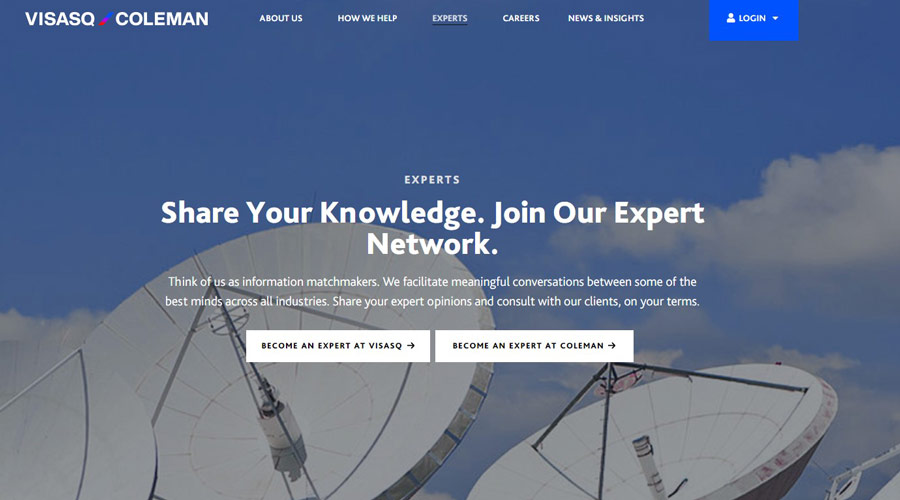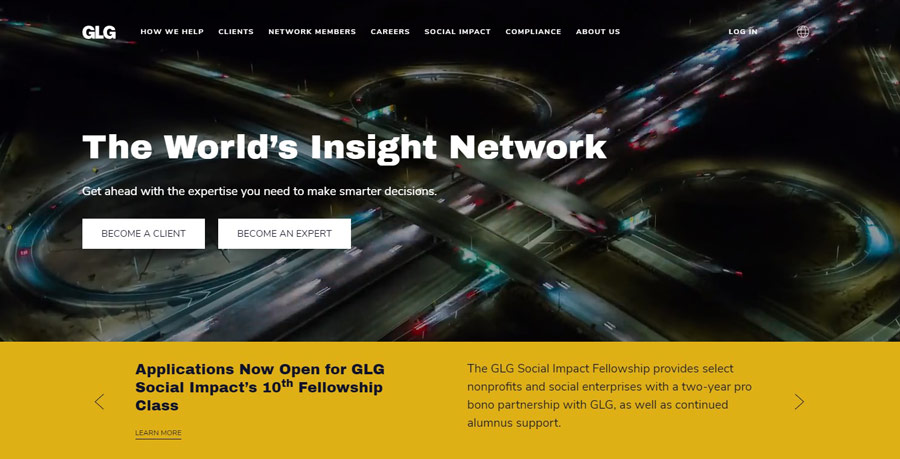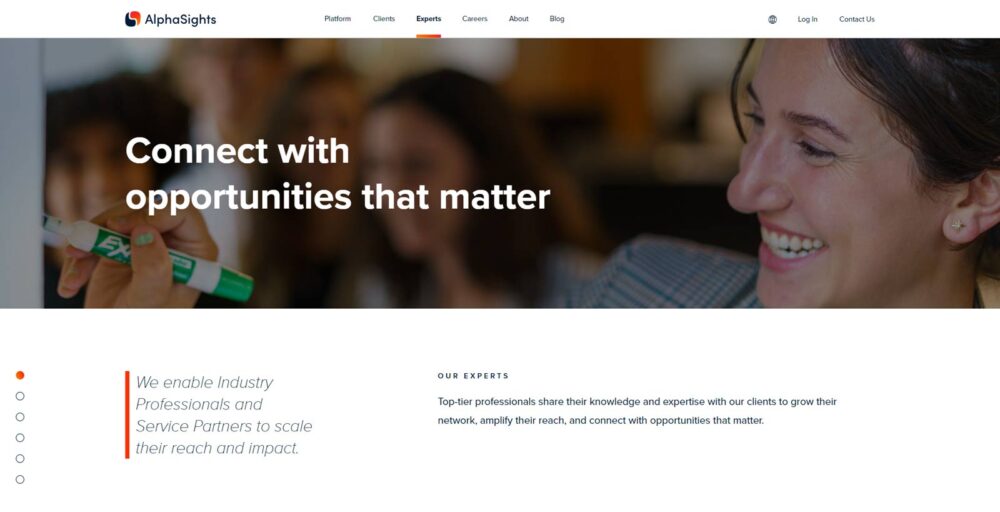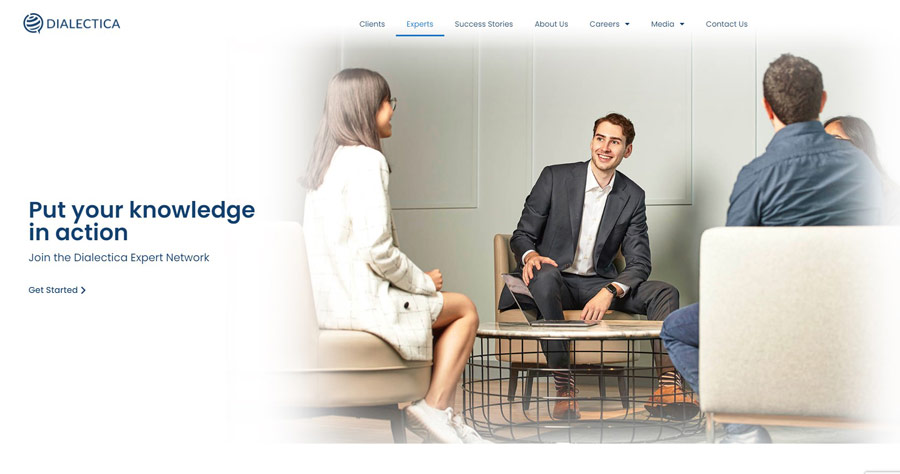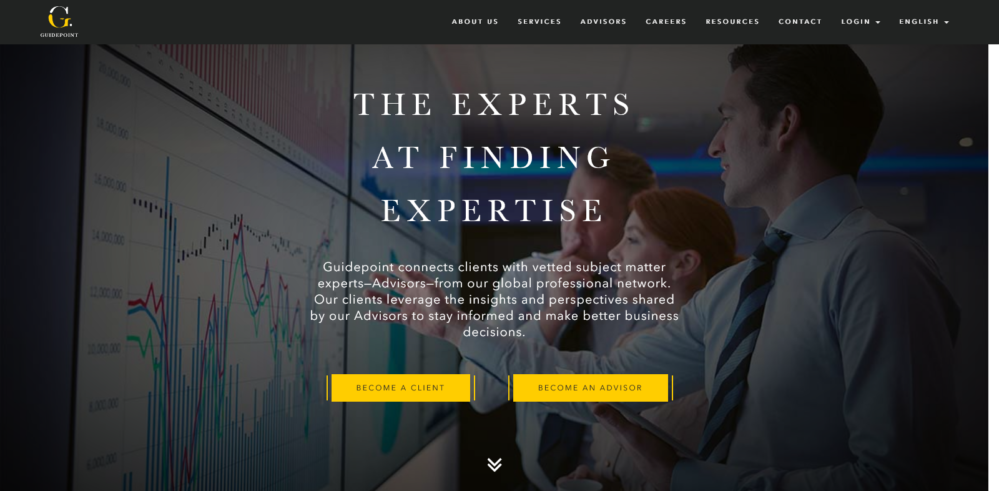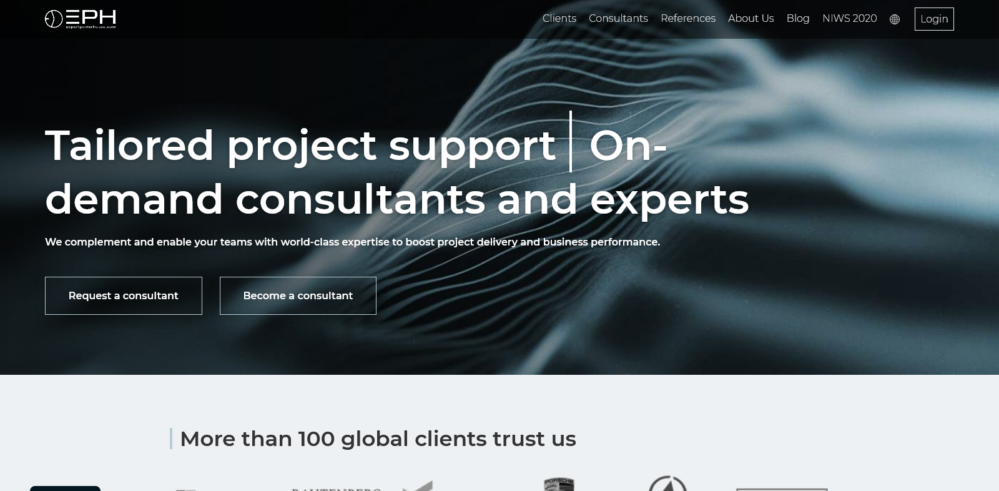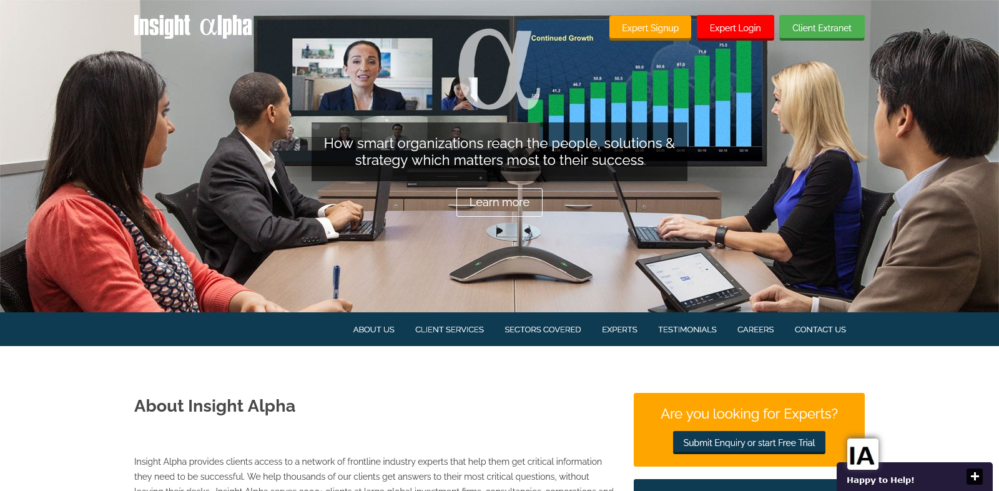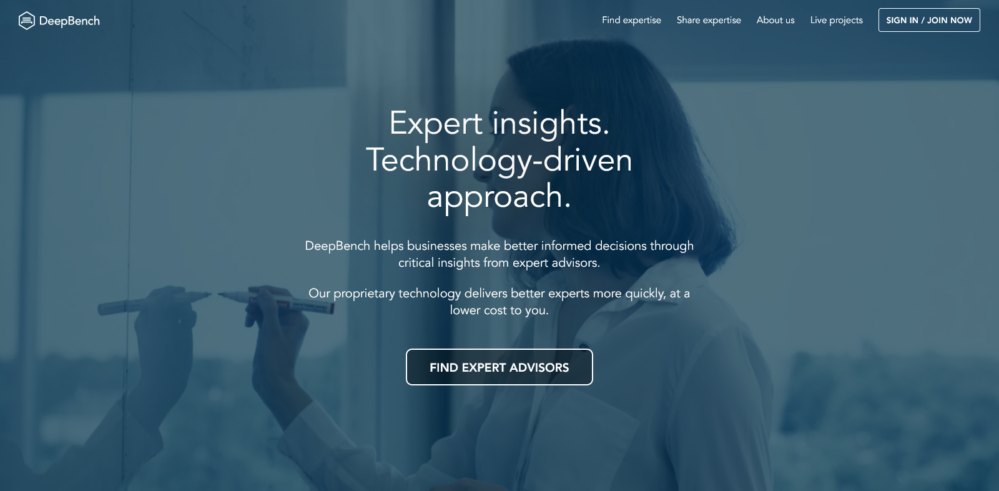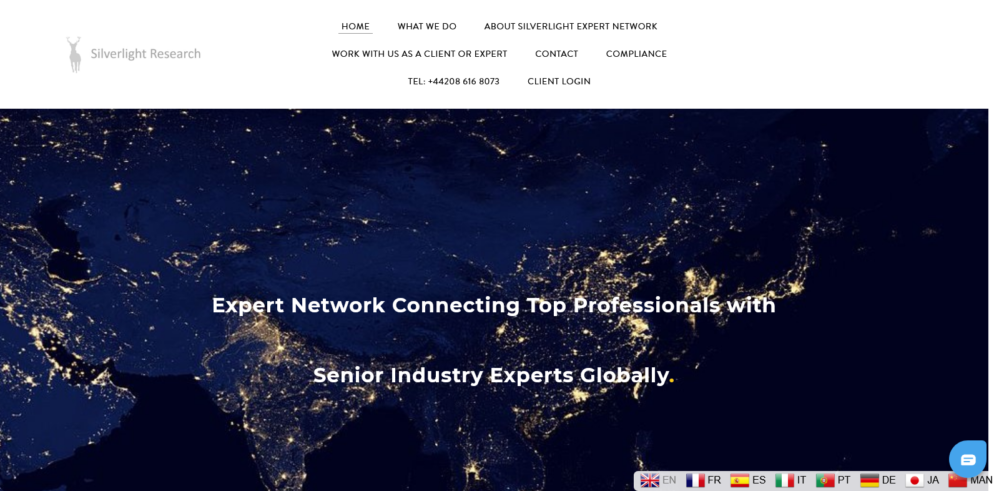Coleman Research Review
Coleman Research is an expert network connecting knowledge buyers with subject matter experts. In this review, we’ll share our firsthand experience working with Coleman Research and provide insights into the pros and cons of signing up for their platform as an expert.
Company background
In 2003, Kevin Coleman recognized a need in the market for more efficient access to industry-specific information for investors. He founded Coleman Research with the goal of streamlining the research process and connecting clients with experts who could provide immediate, relevant insights. By doing so, clients could save hours of time previously spent researching reports or attending conferences.
Fast forward to today, and Coleman Research has become a trusted partner for thousands of clients seeking answers to their most pressing questions. The expert network has successfully leveraged its vast network of industry experts to deliver timely and accurate information to clients, all without requiring them to leave their offices. This success has not gone unnoticed, as evidenced by the recent acquisition of Coleman Research by the Japanese expert network VisasQ (VQ) in 2021.
The acquisition, for an impressive US$102 million, positioned VisasQ as the largest expert network with offices across major international financial hubs such as Tokyo, Singapore, Hong Kong, London, New York City, Los Angeles, and Raleigh. This move signals a significant shift in the industry and highlights the growing demand for expert-driven insights.
“With our mission of “Connecting Insights and Aspirations Across the Globe”, VQ is building the world’s top global knowledge platform as its key strategy. VQ decided to acquire Coleman, the leading ENS firm in the United States, to help achieve this goal. Through an integrated platform with Coleman, VQ will expand its business to over 400,000 experts, 7 locations worldwide (3 in the U.S., 1 in Europe, and 3 in Asia), and over 350 committed employees.” VisasQ
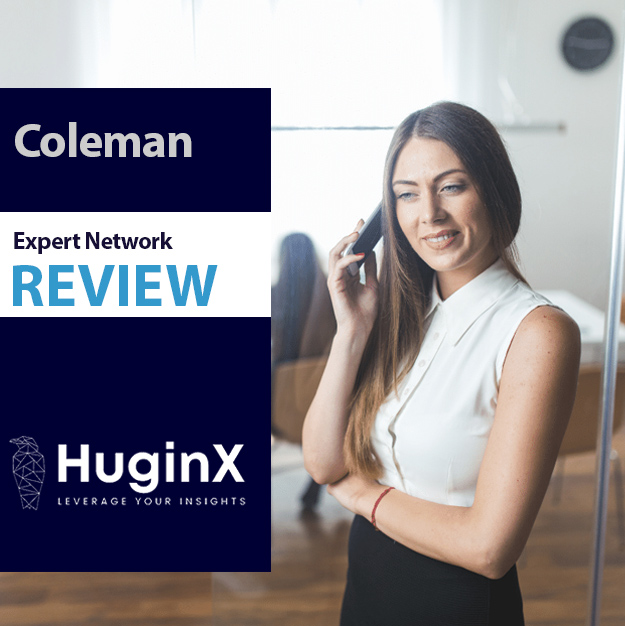
Consulting with Coleman Research
The process of signing up as an expert for Coleman Research’s expert network involves a few key steps. The first step is to submit an application, which includes information about your areas of expertise and professional experience. Coleman Research carefully reviews all applications to ensure that the experts in their network have the necessary knowledge and experience to provide valuable insights to clients.
If your application is successful, Coleman Research will reach out to you when there is a project that aligns with your expertise. As an expert, you will have the opportunity to review the project brief and decide whether you would like to participate. If you choose to participate, you will be compensated for your time and expertise.
Throughout the consulting process, Coleman Research works closely with both the client and the expert to ensure that the project runs smoothly and that the client’s research needs are met. The team provides guidance and support to the expert as needed and facilitates communication between the expert and the client.
How to get picked for the gig
Providing Coleman Research with a comprehensive overview of the topics they are seeking expertise in is crucial, as clients select their consultants based on their background and experience. While the initial vetting conversation is designed to be brief, lasting no more than 15 minutes, project managers may request additional details if they believe it could help market your expertise more effectively to clients.
At the end of the vetting process, Coleman Research will inform you whether they believe you’re a suitable fit for the project. If so, they will discuss your hourly consulting rate, availability for client calls, and an overview of the compliance policy. Even if you’re not selected for the current project, you may still be added to their expert network database, increasing your chances of being considered for future consulting opportunities.
Well-functioning expert portal
Coleman Research’s expert portal is designed to be user-friendly and straightforward, making it easy for experts to showcase their expertise and apply for ongoing projects.
Upon logging in, experts are directed to a dashboard that displays their ongoing projects and any outstanding tasks. The portal also provides easy-to-use tools for updating their expert profile. Experts can easily fill in their areas of expertise, upload their CV, provide a professional bio, upload a profile photo, and provide details about their employment history and third-party relationships.
One of the most significant advantages of the expert portal is its seamless project application process. Experts can review all available projects and apply for the ones that align with their expertise and interests. The portal provides details about each project, such as the research questions, expected deliverables, and compensation. Experts can easily apply for projects with just a few clicks, and Coleman’s team of project managers will review their application and let them know if they’ve been selected.
The expert portal also provides access to Coleman Research’s compliance policies and guidelines, ensuring that experts understand their obligations and responsibilities throughout the consulting process.
Coleman Research Consulting Rates
Coleman Research’s consulting rates paid to experts can vary from project to project and are dependent on several factors, such as the complexity of the project and the seniority of the expert. Generally, the more experienced and senior the expert, the higher the consulting rate.
For example, a CEO with a wealth of industry-specific knowledge and extensive experience may be compensated at a rate of $500 per hour or more. Similarly, an IT decision-maker with deep technical expertise and experience leading large-scale IT initiatives may also command a high hourly rate, such as $250 or more. On the other hand, an HR director with expertise in talent management and recruitment may be compensated at a lower rate, such as $150 to $200 per hour.
It’s important to note that these rates are just examples and that the actual rates paid to experts can vary significantly based on the project’s specific requirements and the expert’s level of seniority. Furthermore, these rates are subject to negotiation, and experts may be able to negotiate higher rates for particularly complex or time-intensive projects.
The Coleman Research Client Call
Okay, you’ve done the vetting call, settled on a rate, and scheduled a call. What can you expect?
Most client calls centre on a particular company, industry, or product. The client will want to know the details of the industry— how it works, business models, verticals, customer types, competitive landscape, key growth drivers, challenges, and trends.
An example of a topic for an expert network call involving a private equity company doing due diligence when targeting a technology company might be to gain insight into the target company’s competitive landscape and market positioning.
During the call, the private equity firm would likely ask the expert questions about the target company’s technology and products, the size and growth of its target market, its key competitors, and its competitive advantages and weaknesses. The expert might also be asked to provide a detailed analysis of the target company’s financials, including revenue growth and profitability, as well as an assessment of its management team and overall business strategy.
Additionally, the private equity firm may seek to understand the potential risks and challenges associated with investing in the target company, such as regulatory hurdles, intellectual property issues, and market saturation. The expert could provide insights into the broader industry trends, potential risks and challenges, and any key industry events or disruptions that could impact the target company’s growth prospects.
By consulting with industry experts in this way, the private equity firm can gain a deeper understanding of the target company’s business and industry dynamics, helping to inform their investment decisions and ensure that they are making a well-informed investment.
Keep in mind compliance
It’s important to note that you’ll never be asked to share non-public or proprietary information. Coleman Research will provide you with clear compliance guidelines several times before you connect with the client. One of the critical responsibilities of expert networks is to ensure that improper information isn’t shared with clients, who are bound by strict compliance standards. You’ll rarely be asked to share any non-public information, and you should decline to answer any questions you feel move into this territory; clients won’t press you to share things that you shouldn’t.
Pros and cons of signing up with Coleman Research
The company’s user-friendly expert portal makes it easy for experts to set up their profiles and provide their expertise, CV, employment history, and third-party relationships. However, experts who sign up for Coleman Research may also face a lack of relevant opportunities and strict compliance requirements.
While Coleman Research has a good reputation in the industry and is known for providing high-quality services to its clients, the expert network industry is highly competitive, and there are many other expert networks that experts can choose to sign up for. Experts who sign up for Coleman Research have the opportunity to be matched with clients who are looking for their expertise, and the company’s flexible consulting rates vary depending on the project and the expert’s seniority.
One potential downside to signing up for Coleman Research is the lack of relevant opportunities. While experts have access to potential clients, there is no guarantee that they will be matched with clients looking for their specific expertise. Additionally, experts must comply with strict compliance requirements to ensure that they do not share confidential or non-public information during calls, which can be time-consuming and complex.
Despite these potential downsides, experts who sign up for Coleman Research can benefit from access to potential clients, professional support from project managers, and a user-friendly expert portal.

